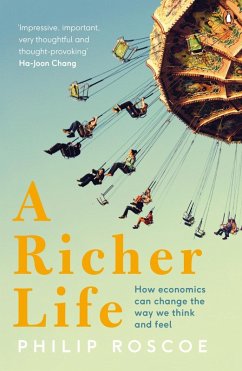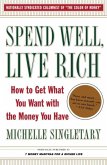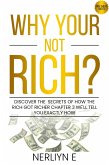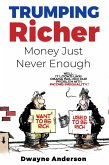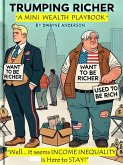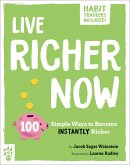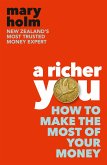'A brilliant critique' Robert Skidelsky, prize-winning biographer of John Maynard Keynes
'Impressive . . . important . . . very thoughtful and thought-provoking' Ha-Joon Chang, author of 23 Things They Don't Tell You About Capitalism
'A splendid denunciation of the dismal science . . . a fine book, on the side of the angels' Guardian
'A powerful description of the many ways we have lost our bearings as a society . . . makes the case that economics has left us impoverished as human beings . . . a powerful and engaging read' Sunday Times
'Very readable and entertaining' Independent
Is a promotion at work worth more than time with family? Does the price of cheap socks compensate for their being made by children? Might a new lover be better than the one you have? How do we choose when what we want is bad for someone else? In fact, in a world as complicated as ours, how do we choose at all?
Over the course of the 20th century economics has become our most trusted science of decision-making. From government policies to personal decisions - such as buying a house, educating our children, caring for our sick or even meeting a spouse - economic principles govern both our range of choices and how we choose between them. But economics is not a perfect science. It is political and far from impartial, and yet its values - ownership, efficiency, cost benefit and self-interest - now threaten to usurp all others. At a time when the most urgent problems require collective action, economics is perhaps our greatest obstacle to change.
Written with humour, wisdom and compassion, and investigating the worlds of work, shopping, healthcare, house-buying, online dating, politics and daily life, this brilliant and timely book exposes the true cost of economic thinking, points the way to some compelling alternatives - co-operatives, local currencies, non-Western finance, community - and draws attention to some other, timeless values that few of us have yet forgotten.
A Richer Life: How Economics Can Change the Way We Think and Feel was originally published in hardback as I Spend, Therefore I Am.
Dieser Download kann aus rechtlichen Gründen nur mit Rechnungsadresse in A, B, BG, CY, CZ, D, DK, EW, E, FIN, F, GR, HR, H, IRL, I, LT, L, LR, M, NL, PL, P, R, S, SLO, SK ausgeliefert werden.

